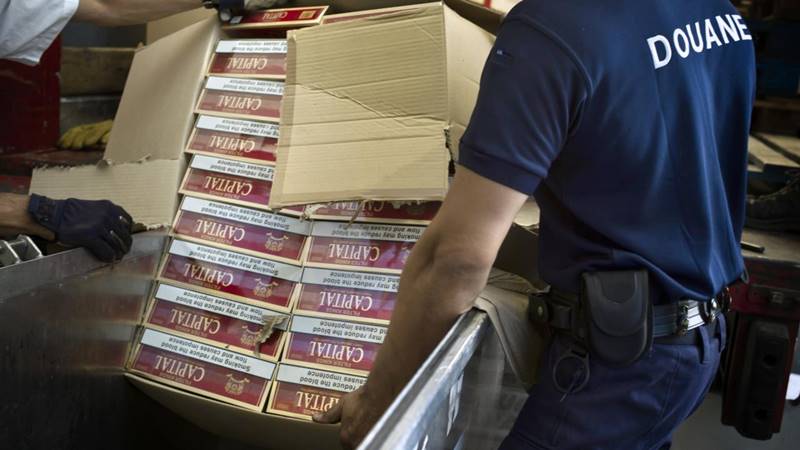Tegenstanders van accijnsverhoging op tabak claimen altijd dat deze verhoging(en) de tabakssmokkel bevorderen. Het jaarlijkse rapport van accountantskantoor KPMG wijst daar iedere keer op.
Een rapport van de Wereldbank toont op dit gebied een verrassend inzicht. In het onderstaande plaatje (dit werd geplaatst op Twitter) is te lezen dat tabakssmokkel alleen toeneemt in landen waar grenscontroles en controles op belastingontwijking het minst effectief zijn.
In de Scandinavische landen, waar de tabaksaccijnzen het hoogst zijn, is er zeer weinig bewijs dat smokkel überhaupt plaatsvindt. Maar in Spanje, Italië, Oost-Europese en middeneuropese landen, waar de accijnzen en dus prijzen veel lager zijn, worden veel meer smokkelsigaretten verkocht.
Een statistische analyse van het verband tussen waarneembare tabakssmokkel in een land en de transparantie van regels en zakelijke transacties van dat land wijst erop dat in landen waar deze transparantie minder is, er meer tabakssmokkel kan optreden.
Smugglers, like other businessmen, operate to make a profit. As emphasized above, price differentials enable smugglers to profit by purchasing tobacco products in low price markets and reselling them in markets where prices are higher. Inevitably, smugglers' transport of tobacco products between markets involves circumvention of legal controls designed to assess taxes and tariffs. The ease with which these controls can be circumvented greatly influences the proclivity of individuals to engage in tobacco smuggling. In fact, it is the ease of evasion of border controls, rather than the price differentials,that most determines the level of tobacco smuggling in a country. Consider:
...it is not always true that the incentivefor smuggling is linked to the level of taxes. For example, in countries with the highest taxes in Europe, such as the Scandinavian countries, there is little evidence of smuggling, while in Spain, Italy and many Central and Eastern European countries, where taxes and prices are much lower, the illegal sale of international cigarette brands is widespread .(Joossens 1998 p.146.)
This apparent paradox is resolved by understanding that it is often the countries with the lowest level of taxes that have the least effective systems of border and tax evasion controls. Merriman et al (2000) performed a statistical analysis of the relationship between the perceived level of tobacco smuggling into a country and the transparency of the country's administrative rules and government and business transactions. Since it is easier to evade border controls and tobacco taxes in countries that are less transparent, all else equal, these countries should experience a higher level of tobacc-o smuggling.



